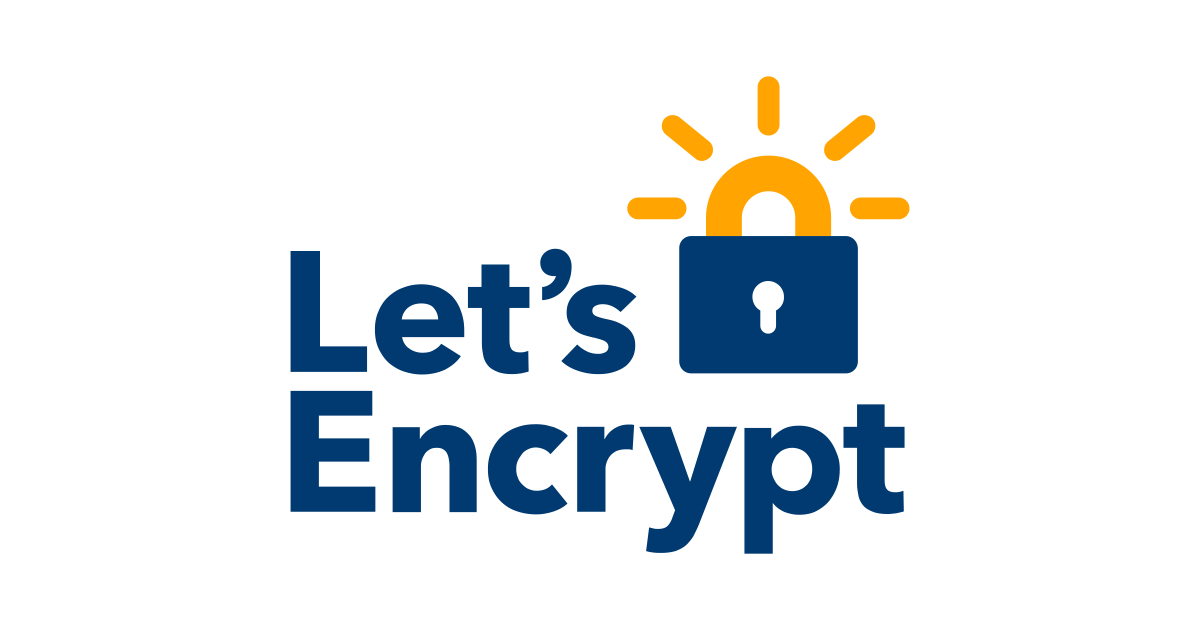danb35
Hall of Famer
- Joined
- Aug 16, 2011
- Messages
- 15,504
This sounds like another instance of the clusterf*ck that Let's Encrypt has caused (or at least highlighted) with their recent change in the certificate chain--which isn't helped by the fact that you're using an EOL OS. See:

Best answer is probably to download the "Root X1" certificate and install it on the client system(s) as a trusted root CA:

Or try getting the cert from ZeroSSL instead. Make this change in the Caddyfile to do that:
Change acme_ca to

DST Root CA X3 Expiration (September 2021)
Update Feb 05, 2024 It’s been two years, and the Android compatibility cross-sign mentioned below is close to expiring. See our recent blog post for a detailed explanation of the changes coming over the course of 2024. Update September 30, 2021 As planned, the DST Root CA X3 cross-sign has...
letsencrypt.org
Best answer is probably to download the "Root X1" certificate and install it on the client system(s) as a trusted root CA:

Chains of Trust
This page describes all of the current and relevant historical Certification Authorities operated by Let’s Encrypt. Note that a CA is most correctly thought of as a key and a name: any given CA may be represented by multiple certificates which all contain the same Subject and Public Key...
letsencrypt.org
Or try getting the cert from ZeroSSL instead. Make this change in the Caddyfile to do that:
Code:
{
# debug
acme_ca https://acme-staging-v02.api.letsencrypt.org/directory
email youremailhere
Change acme_ca to
https://acme.zerossl.com/v2/DV90, then restart Caddy.